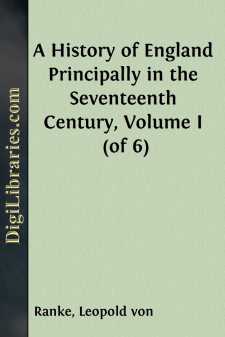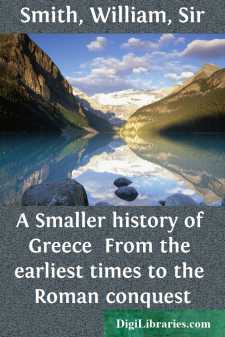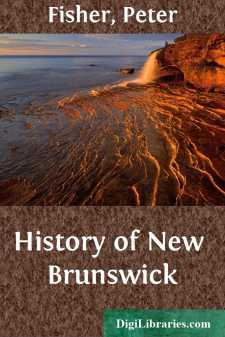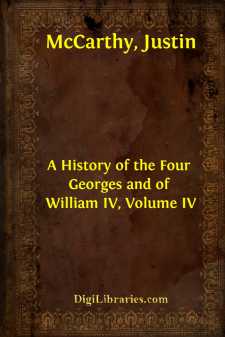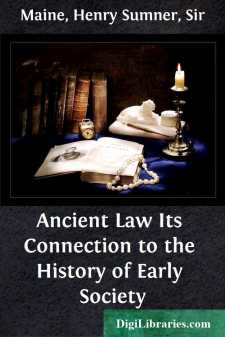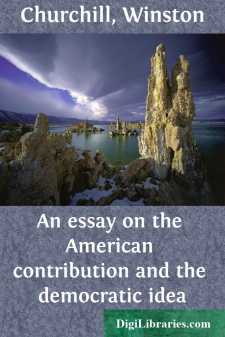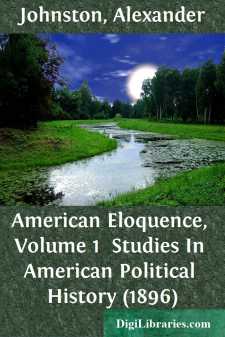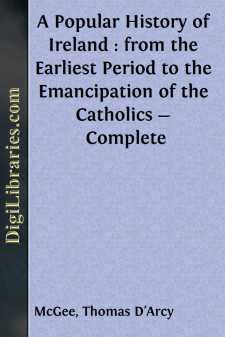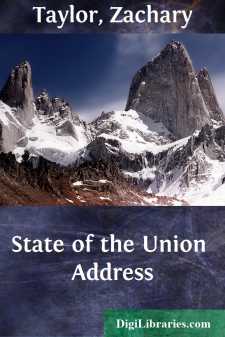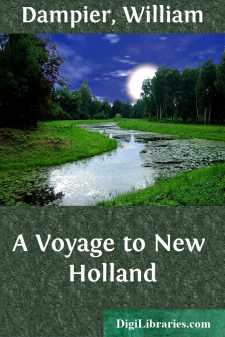History
- Africa 30
- Americas (North Central South West Indies) 50
- Ancient 68
- Asia 58
- Australia & New Zealand 8
- Canada 41
- Caribbean & West Indies 1
- Civilization 20
- Eastern Europe 12
- Europe 310
- Expeditions & Discoveries 60
- General 77
- Historical Geography 1
- Jewish 9
- Latin America 3
- Medieval 8
- Middle East 13
- Military 248
- Revolutionary 8
- Study & Teaching 5
- United States 353
- Western Europe 56
- World 13
History Books
Sort by:
PREFACE. Once more I come before the public with a work on the history of a nation which is not mine by birth. It is the ambition of all nations which enjoy a literary culture to possess a harmonious and vivid narrative of their own past history. And it is of inestimable value to any people to obtain such a narrative, which shall comprehend all epochs, be true to fact and, while resting on thorough...
more...
by:
William Smith
GEOGRAPHY OF GREECE. Greece is the southern portion of a great peninsula of Europe, washed on three sides by the Mediterranean Sea. It is bounded on the north by the Cambunian mountains, which separate it from Macedonia. It extends from the fortieth degree of latitude to the thirty-sixth, its greatest length being not more than 250 English miles, and its greatest breadth only 180. Its surface is...
more...
by:
Peter Fisher
Having at different times collected what information I could obtain relating to the Province of New-Brunswick, I intended whenever I had a sufficient fund of correct materials, to publish them in such a shape as to diffuse a general knowledge of the Country, its productions, sources of wealth, &c. For this reason I had kept the different Counties, as well as the several subjects of which I intended...
more...
by:
Justin McCarthy
"OPENS AMID ILL OMENS." The closest student of history would find it hard indeed to turn to the account of any other royal reign which opened under conditions so peculiar and so unpropitious as those which accompanied the succession of George the Fourth to the English throne. Even in the pages of Gibbon one might look in vain for the story of a reign thus singularly darkened in its earliest...
more...
INTRODUCTION No one who is interested in the growth of human ideas or the origins of human society can afford to neglect Maine's Ancient Law. Published some fifty-six years ago it immediately took rank as a classic, and its epoch-making influence may not unfitly be compared to that exercised by Darwin's Origin of Species. The revolution effected by the latter in the study of biology was...
more...
I. Failure to recognize that the American, is at heart an idealist is to lack understanding of our national character. Two of our greatest interpreters proclaimed it, Emerson and William James. In a recent address at the Paris Sorbonne on "American Idealism," M. Firmin Roz observed that a people is rarely justly estimated by its contemporaries. The French, he says, have been celebrated chiefly...
more...
INTRODUCTORY. All authorities are agreed that the political history of the United States, beyond much that is feeble or poor in quality, has given to the English language very many of its most finished and most persuasive specimens of oratory. It is natural that oratory should be a power in a republic; but, in the American republic, the force of institutions has been reinforced by that of a language...
more...
Ireland, lifting herself from the dust, drying her tears, and proudly demanding her legitimate place among the nations of the earth, is a spectacle to cause immense progress in political philosophy. Behold a nation whose fame had spread over all the earth ere the flag of England had come into existence. For 500 years her life has been apparently extinguished. The fiercest whirlwind of oppression that...
more...
by:
Zachary Taylor
Fellow-Citizens of the Senate and House of Representatives: Sixty years have elapsed since the establishment of this Government, and the Congress of the United States again assembles to legislate for an empire of freemen. The predictions of evil prophets, who formerly pretended to foretell the downfall of our institutions, are now remembered only to be derided, and the United States of America at this...
more...
by:
William Dampier
CHAPTER 1. DEPARTURE AND PROVISIONING EN ROUTE. 1699. THE AUTHOR'S DEPARTURE FROM THE DOWNS. I sailed from the Downs early on Saturday, January 14, 1699, with a fair wind, in His Majesty's Ship the Roebuck; carrying but 12 guns in this voyage and 50 men and boys with 20 months' provision. We had several of the King's ships in company, bound for Spithead and Plymouth, and by noon we...
more...


